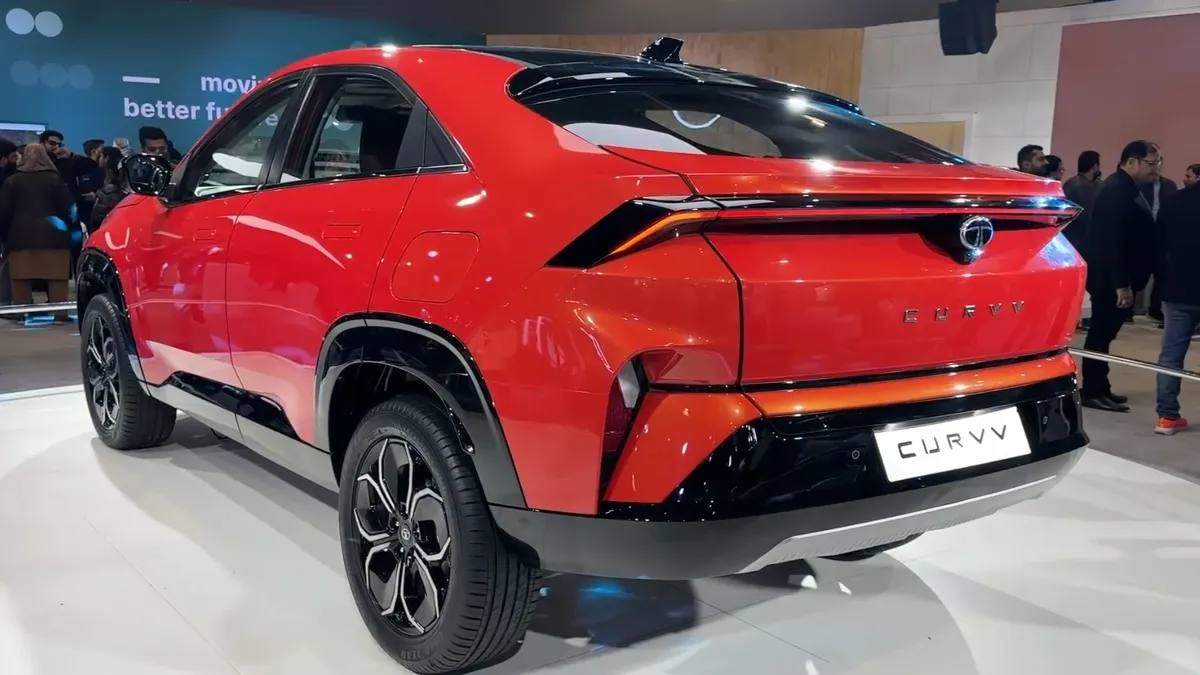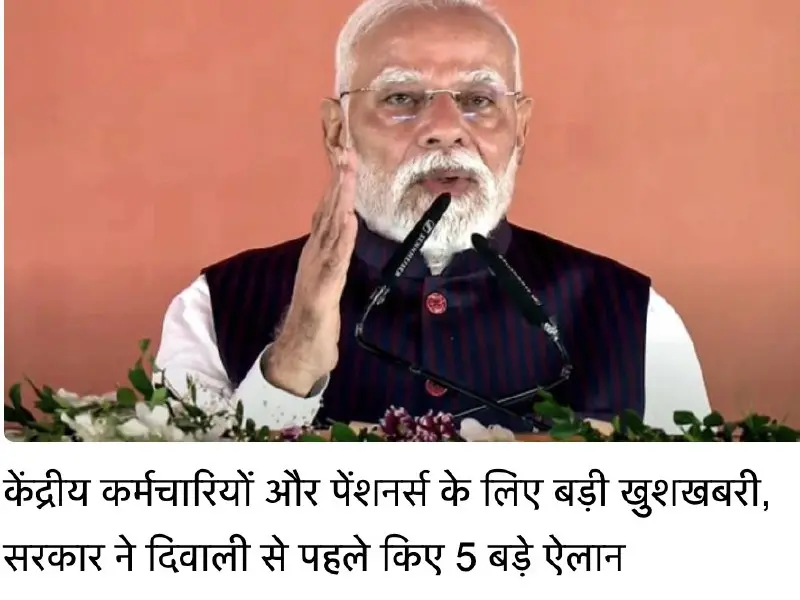Nitin Gadkari recently announced that subsidies on electric vehicles (EVs) may no longer be necessary due to the declining cost of batteries and reduced GST on EVs. He projected that within two years, the prices of electric, petrol, and diesel vehicles would be almost the same, eliminating the need for government subsidies.
No Additional Tax on Petrol and Diesel
Gadkari dismissed the possibility of imposing additional taxes on conventional fuels like petrol and diesel. He emphasized that sales of vehicles running on alternative fuels, such as electric and compressed natural gas (CNG), are steadily rising. To promote EV sales, the Indian government previously launched the FAME India Scheme, offering subsidies to manufacturers.
However, Gadkari now believes that subsidies are no longer necessary, as the production costs for EVs are decreasing, and consumer demand is naturally shifting towards electric and CNG vehicles.

Falling Costs of Lithium-Ion Batteries
Gadkari pointed out that the price of lithium-ion batteries has significantly decreased, from $150 per kilowatt-hour to $108 per kilowatt-hour. This drop in battery costs has enabled EV manufacturers to reduce their production expenses, making electric vehicles more affordable. Gadkari expects this trend to continue, further narrowing the price gap between EVs and traditional vehicles.
Lower GST on EVs in India
In India, locally produced electric vehicles are subject to just 5% GST, compared to 28% GST on petrol, diesel, CNG, and hybrid vehicles. Despite this, the average price of an EV remains higher than that of traditional vehicles. However, Gadkari believes that within the next two years, the cost of electric vehicles will equal that of petrol and diesel vehicles, leading to even greater demand for EVs.
FAME III Scheme Coming Soon
Gadkari’s remarks come as the government is considering new FAME guidelines, with the third phase, FAME III, expected to launch later this year. Currently, subsidies are available under the FAME II Scheme, but its term is set to expire in March. The new scheme will introduce updated regulations, with the Heavy Industries Minister HD Kumaraswamy stating that the finalization of the FAME III subsidy policy may take a few more months.
Key Points:
- Declining Battery Costs: The price of lithium-ion batteries has dropped from $150 to $108 per kilowatt-hour.
- GST on EVs: EVs are taxed at 5% GST, compared to 28% for petrol, diesel, and hybrid vehicles.
- EV Pricing: Gadkari projects that the prices of electric, petrol, and diesel vehicles will be the same within two years.
- FAME III Scheme: Expected to roll out by the end of this year with new subsidy guidelines.




